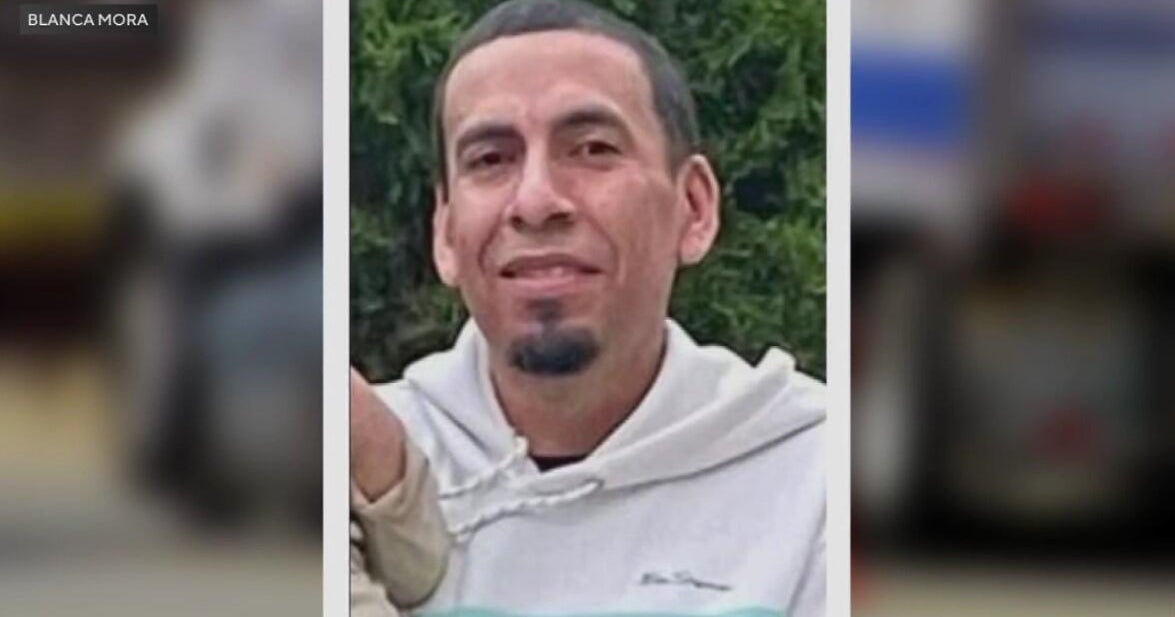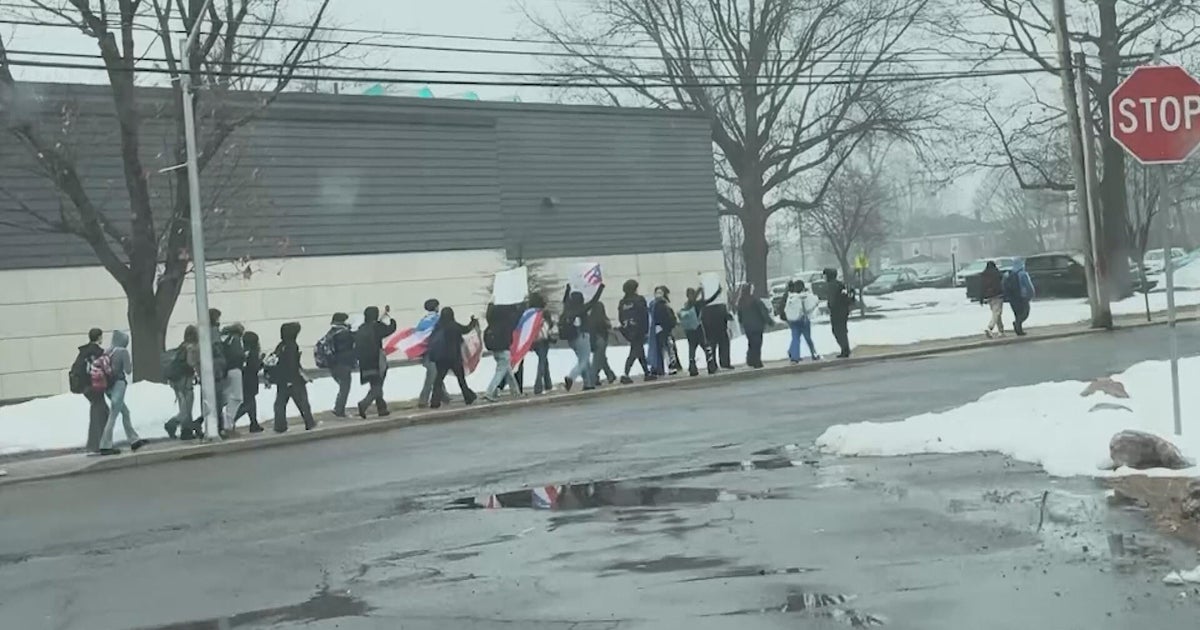4-Year-Old Alameda County Boy On Terrorist Watchlist
OAKLAND (CBS SF) -- A 4-year-old American boy living in Alameda County has spent most of his life on the U.S. government's terrorist watchlist, but a newly-filed class-action claim aims to get the young boy, and thousands of other Arab-Americans, off the list.
The young boy, identified in the complaint only as Baby Doe, is one of 18 plaintiffs in the case, Baby Doe v. Piehota.
Attorneys with the Council on American-Islamic Relations (CAIR) filed the complaint Tuesday in Virginia, alleging that the director of the Terrorist Screening Center Christopher Piehota, and other government officials are placing individuals onto the Terrorist Screening Database (TSDB) "based on mere guesses, hunches, and conjectures and even simply based on matters of race, ethnicity, national origin, religion..."
When individuals who are placed into the database go through security at an airport, try to get a license, or try to buy a firearm screeners are alerted that the individual is a "known or suspected terrorist," according to the complaint.
Baby Doe, a toddler born to an American Muslim family, brings the action through Father Doe. Baby Doe was 7-months-old when his boarding pass was first stamped with "SSSS" which indicated to security personnel that he had been designated a "known or suspected terrorist," the complaint states.
At airport security the then-infant was searched, patted down and subjected to chemical testing. Every one of his diapers was searched, according to the complaint.
Baby Does's parents haven't been told why their son was put on the watchlist or given an opportunity to contest the designation, the complaint states.
The federal watchlist is described in the complaint as being "accountability-free." The plaintiffs' attorneys argue that those who find themselves on the list have no means to challenge the basis for their inclusion or get themselves removed from the list.
The complaint cites recently leaked government documents, including a 2014 U.S. Department of Justice audit of the FBI's management of the terrorist watchlist. Those documents, the complaint alleges, reveals that the "federal watchlist is void of proper processing, which in turn results in life-altering consequences that flow from these illegal actions."
Two other plaintiffs named in the complaint also reside in Alameda County: Muhamad Haydar, 34, and Mariam Jukaku, 32. Both Haydar and Jukaku have been removed from the list, but neither claim to have been given an opportunity to contest the designation or ever given a reason for being placed on it.
The complaint alleges that the defendants violated the Constitutional rights of the plaintiffs and said that individuals were unfairly placed on the list based on their travel to Muslim-majority countries and guilt-by-association.
CAIR states that the number of individuals placed on the watchlist has more than doubled from around 228,000 in 2009 to roughly 469,000 in 2013.
CAIR-Michigan legal director Lena F. Masri states that CAIR filed this class action lawsuit, "on behalf of the thousands of American Muslims who were placed on the government's terror watchlists without due process."
The Terrorist Screening Center, which was created in 2003, and born out of the 9/11 events, maintains the Terrorist Watchlist and describes the list on its website as "a single database of identifying information about those known or reasonably suspected of being involved in terrorist activity."
The watchlist, according to the Terrorist Screening Center, helps front-line screening agencies positively identify known or suspected terrorists who are trying to obtain visas, enter the country, board aircraft, or engage in other activity. The Terrorist Screening Center states that "the consolidated Terrorist Watchlist is one of the most effective counterterrorism tools for the U.S. government."
The FBI did not immediately respond to CBS San Francisco's request for comment on the complaint.
By Hannah Albarazi - Follow her on Twitter: @hannahalbarazi.







